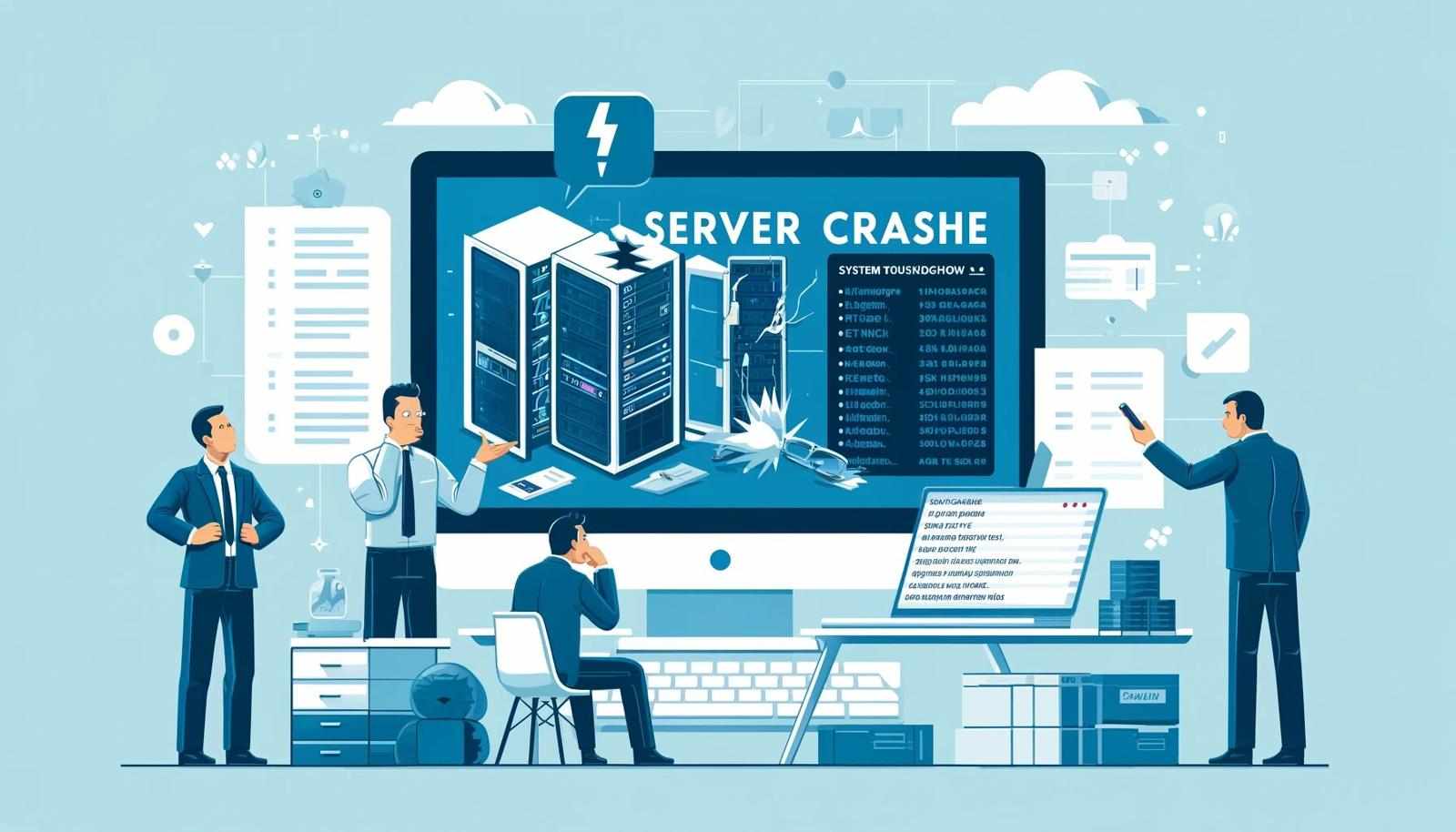
In the fast-paced world of eCommerce, efficiency and accuracy are crucial for maintaining a competitive edge. One area where businesses often struggle is managing invoices. Processing supplier invoices manually can be time-consuming, error-prone, and costly. Invoice automation offers a solution by using technology to streamline and simplify this critical part of business operations. With the rise of artificial intelligence (AI) and automation tools, eCommerce companies are increasingly turning to invoice automation to improve their efficiency, reduce costs, and enhance overall business performance.
What Is Invoice Automation?
Invoice automation refers to the use of digital tools and software to automate the process of handling supplier invoices. This process typically includes capturing invoice data, verifying the information, approving the invoices, and finally processing payments. By automating these steps, businesses can reduce the amount of manual work required, which in turn helps to minimize errors, speed up payment processing, and improve cash flow management.
For eCommerce businesses, where transactions with multiple suppliers are common, invoice automation can significantly transform operations. It not only speeds up the invoice handling process but also provides greater transparency, allowing businesses to track the status of payments and ensure that financial data is accurate.
Key Benefits of Invoice Automation in eCommerce
Improved Efficiency and Productivity One of the most obvious benefits of invoice automation is the significant boost in efficiency. In a traditional invoice process, employees manually enter data from invoices, check for accuracy, and then seek approval for payment. This can be slow, especially when dealing with a large volume of invoices. Automation allows for much of this process to happen in real-time, freeing up employees to focus on more strategic tasks. For eCommerce businesses, this means more time can be spent on growing the business rather than managing back-office tasks.
Reduced Errors Manual data entry is prone to errors, whether it's due to typos, miscalculations, or incorrect invoice amounts. These errors can lead to costly problems, such as overpaying suppliers, late payments, or strained relationships with vendors. Invoice automation minimizes these errors by using AI-powered tools that automatically extract and verify invoice data, ensuring that the information is accurate before it is processed.
Faster Invoice Processing In eCommerce, suppliers expect prompt payment, and any delays can affect relationships and disrupt supply chains. Automated invoice systems allow businesses to process invoices faster by eliminating bottlenecks in the approval process. In many cases, invoices can be approved and processed within hours rather than days, helping eCommerce companies stay on top of payments and maintain strong supplier relationships.
Enhanced Financial Insights Another advantage of invoice automation is the access it provides to real-time financial insights. Traditional invoicing systems often make it difficult to track payment status or analyze financial trends. Automated tools can generate detailed reports that give businesses a clear view of their financial health, helping them make better decisions about cash flow, spending, and future investments. For example, by analyzing trends in invoice payments, an eCommerce company can identify opportunities to negotiate better terms with suppliers or spot inefficiencies in the payment process.
Cost Savings Although there may be an upfront cost to implementing invoice automation software, the long-term savings can be substantial. By reducing the need for manual labor, cutting down on errors, and speeding up payment processing, businesses can lower their operating costs. Additionally, some automated systems offer early payment discounts by allowing companies to process payments more quickly, further adding to the cost savings.
Improved Vendor Relationships Timely and accurate payments are essential for maintaining good relationships with suppliers. With invoice automation, eCommerce businesses can ensure that suppliers are paid on time and that there is clear communication throughout the process. Automated systems also reduce the likelihood of disputes over invoice amounts, helping to build trust and improve long-term business relationships.
The Role of AI in Invoice Automation
Artificial Intelligence (AI) plays a crucial role in modern invoice automation systems. Tools like AstuteAP, an AP Invoice Automation tool, use AI to streamline the invoice processing workflow. AI-powered tools can automatically read invoices, match them with purchase orders, and flag any discrepancies for review. This reduces the need for human intervention, allowing eCommerce businesses to focus on more critical tasks. Additionally, AI can analyze invoice data to provide insights that can help businesses optimize their financial operations, such as identifying trends in supplier pricing or pinpointing areas where payment delays are occurring.
By leveraging AI in invoice automation, eCommerce businesses can handle their invoices more efficiently and accurately, leading to smoother operations and better financial management.
Conclusion
In conclusion, invoice automation has the potential to transform eCommerce operations by improving efficiency, reducing errors, and providing valuable financial insights. As eCommerce businesses continue to grow and scale, the need for streamlined processes becomes increasingly important. Tools like AstuteAP, an AP Invoice Automation solution, leverage AI to reduce manual intervention, minimize errors, and optimize financial operations. By adopting automated invoice systems, eCommerce companies can ensure smoother operations, maintain better relationships with suppliers, and ultimately, improve their bottom line.














Write a comment ...